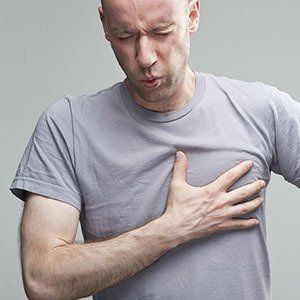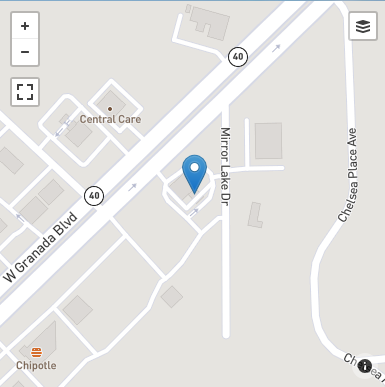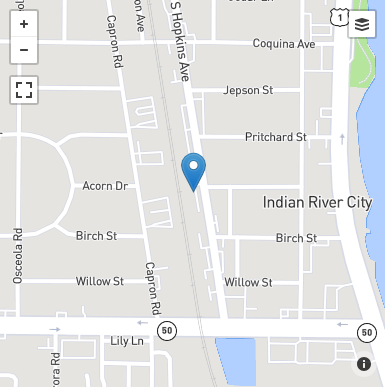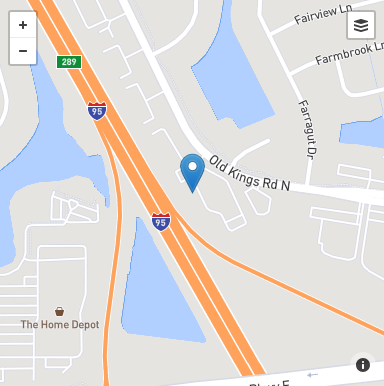Angina or Chest Pain Treatments
in Daytona Beach, FL
Chest Pain or Angina can be a terrifying experience, particularly if you have never experienced it before.
No one plans on having heart problems, but if you do you need to find a doctor you can trust. At Complete Cardiology Care we staff Cardiologists and Electrophysiologists that treat patients with chest pain or angina in Daytona Beach, Ormond Beach, Palm Coast, Deltona, Deland, and the surrounding areas.
10 Million
Suffer from Angina
in the U.S.
500,000
New cases of stable
angina each year
55 - 65
Mean age of angina diagnosis.

What is Angina?
Angina, also referred to as "chest pain", is a type of chest pain caused by reduced blood flow to the heart. Angina is usually a symptom of coronary artery disease.
Angina, which may also be called angina pectoris, is often described as squeezing, pressure, heaviness, tightness or pain in your chest. Some people with angina symptoms describe angina as feeling like a vise is squeezing their chest or feeling like a heavy weight has been placed on their chest. Angina may be a new pain that needs evaluation by a doctor, or recurring pain that goes away with treatment.
Although angina is relatively common, it can still be hard to distinguish from other types of chest pain, such as the pain or discomfort of indigestion. If you have unexplained chest pain, seek medical attention right away.
At complete Cardiology Care we help treat patients with angina to help reduce or eliminate the symptoms they are experiencing. We know how debilitating it can be and will work tirelessly to help you. We treat patients with Angina or Chest Pains in Daytona Beach, Ormond Beach, Palm Coast, Deland, and the surrounding areas,
Stop coping with your chest pains and get treated today
If you are curious how we can help you with your angina or chest pain symptoms, please reach out to us. We are currently accepting new patients. Complete Cardiology Care staffs Cardiologists and Electrophysiologist that serve patients in Ormond Beach, Daytona Beach, New Smyrna Beach, Port Orange, Deltona, Deland, and the surround areas.
Our Cardiologists and Electrophysiologists take nearly all insurances. We accept Aetna, AARP Medicare Complete, Blue Cross / Blue Shield, Cigna, Florida Healthcare, Florida Hospital Care Advantage, Freedom Health, Health First Health, Humana PPO - out of network benefits apply, Medicare, Optimum Healthcare, Railroad Medicare, Tricare, United Healthcare, VHN, Wellcare.
We are also a partner with the VA and are proud to serve those who have served our country!
Self Pay Cardiology services are available too! Call and ask for our price list.




